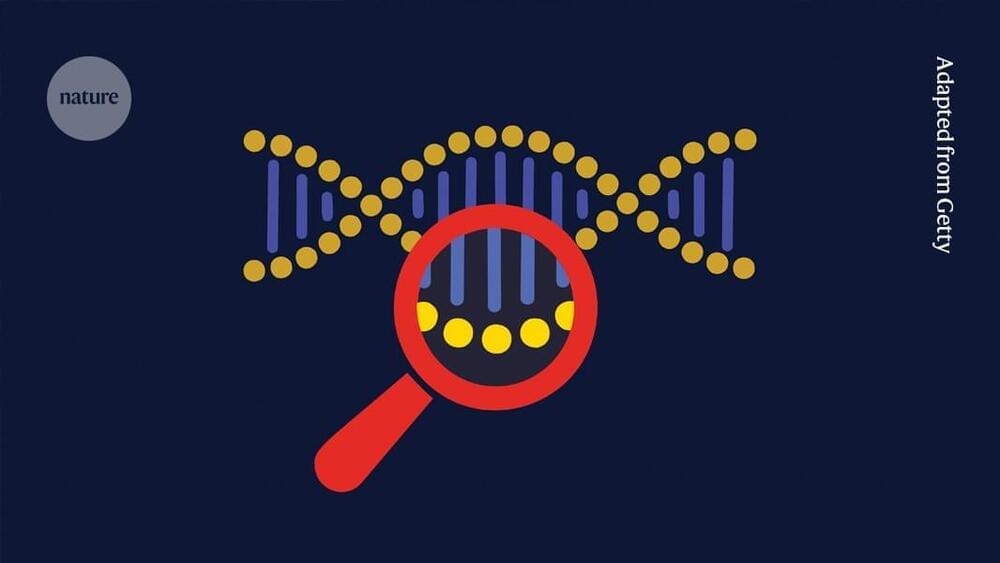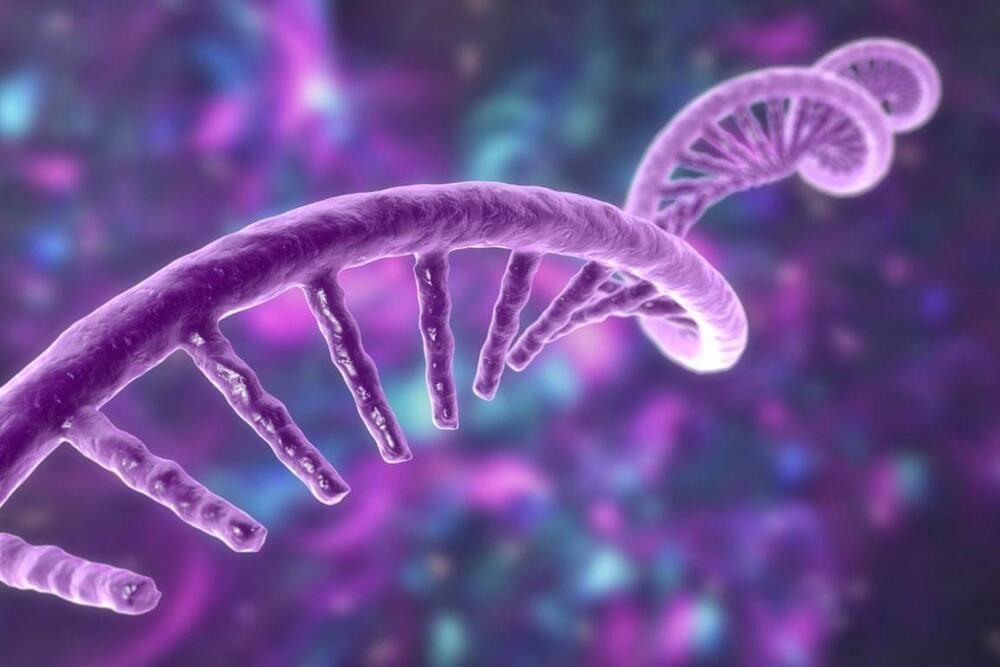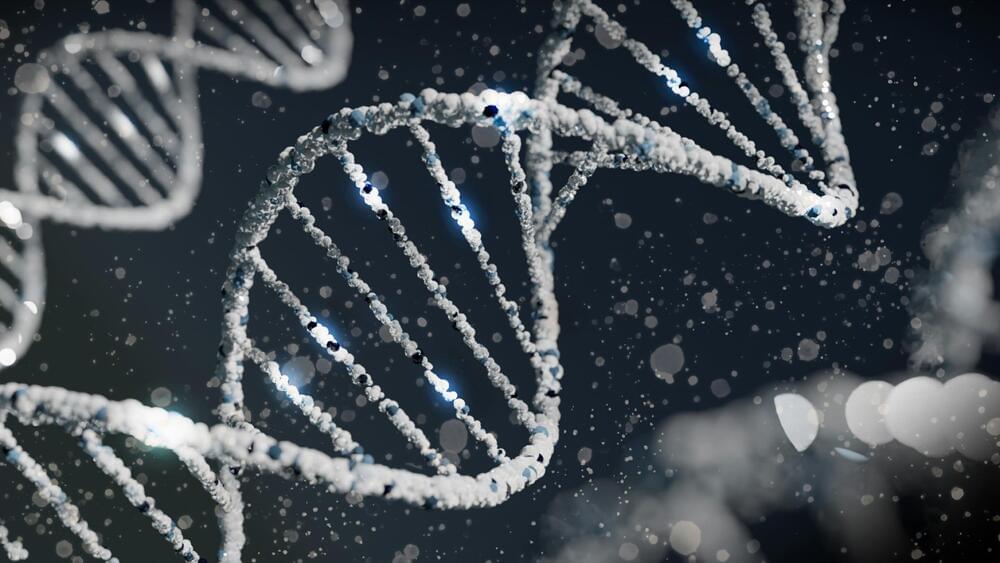It’s long been assumed that as cells divide in the human body, the genome is faithfully replicated in the resulting daughter cells. While errors are known to arise, there is machinery in the cell that can detect these genetic errors, and can often repair them. When mutations remain in the genome, it raises the risk that disease will arise.
But the human genome is made up of about 6 billion bases, and the human body contains billions, even trillions of cells. And it seems that errors and variations in the genome could actually arise far more often than we knew, according to a new study reported in Nature Genetics that analyzed blood stem cells. The research used advanced sequencing techniques to show that humans are made up of cells whose genomes may be far more heterogeneous that assumed. And these variations between cells are not always small. The research determined that about one out of every forty blood stem cells in healthy people carry major chromosomal alterations in their DNA. These chromosomal changes included copy number variations and rearrangements, but did not seem to cause any deleterious effect.





